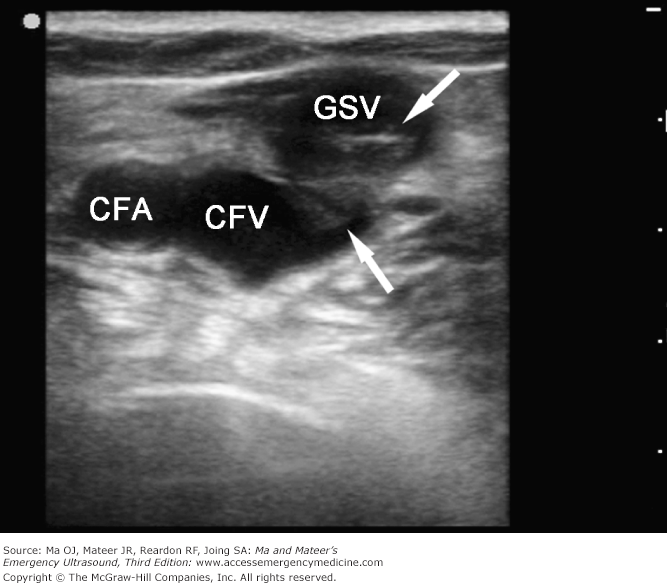Denial Code CO 34: Insured has no coverage for newborns.
Health care services for newborns are among the most expensive medical expenses. According to Parents.com, birth can cost between $2,000-$4,500 dollars depending on the method of delivery without complications. You would not only have to pay for prenatal, delivery, and postnatal care out-of-pocket, but for all care that your newborn receives after birth.
Without insurance coverage, you could end up with expensive medical bills that can create a financial strain on your growing family. Getting newborn coverage in the first 30 days will help you protect both you and your baby.
Does my individual or family plan automatically cover my new baby?
After your baby is born, your child is covered for the first 30 days of life as an extension of you, the mother, under your policy and deductible.
Starting on day 31, this extension of coverages ends. While maternity care (both pre and postnatal) and some health care services for children are essential benefits that are covered by all marketplace plans, health insurance for babies is not included as an essential benefit. To get health insurance at this time, you must enroll in or change your health insurance plan.
How Can You Make Sure Your Newborn Is Covered?
Remember that your infant should automatically receive coverage for at least the first 30 days of life. You’ll want to ensure your baby gets covered after that—the cost of essential immunizations, screenings, and other necessary medical exams can mount up.
The earlier you start inquiring about newborn health insurance to continue coverage after day 30, the better. Check in with your insurance provider about the terms of their special enrollment period for qualifying life events.
If you’re currently not covered by any plan, several government programs can cover essential health services for your infant.
What Programs Help With Health Insurance for Newborns?
Several programs can help if you’re under a certain income threshold. Remember that you should disregard the standard open enrollment periods, as you will qualify for special enrollment after the birth of your baby. These include:
Affordable Care Act (ACA)
Where it concerns newborns, the ACA—better known by the nickname “Obamacare”—can add protective coverage to your existing health plan and reduce existing costs.
The majority of insurance providers must abide by the ACA, where it concerns providing some essential services after birth without charging you extra. The exact items eligible for coverage vary from state to state but can include the following services for newborns:
- Blood screening
- Sickle cell screening
- Hypothyroidism screening
- PKU screening
- Fluoride varnish to protect teeth
- Oral health risk assessment
- Iron supplements
ACA also covers ongoing care throughout your child’s life, such as developmental and behavioral screening and immunization up to age 18. To enroll in the ACA, you can apply on Healthcare.gov—any US citizen is eligible.
Children’s Health Insurance Program (CHIP)
If you’re not eligible for Medicare, CHIP is a comprehensive program you can consider that covers newborn health insurance. Your child will receive coverage up to the age of 18, and you can also receive prenatal checkups and care. Your newborn will also benefit from coverage for:
- Routine checkups
- Immunizations
- Vision care
- Dental care
- Doctor visits
- Prescription drugs
- Laboratory tests
- X-ray services
- Emergency services
- Doctor appointments
Although routine doctor’s visits and checkups for your infant are wholly covered by CHIP, as is dental when your child grows older, your state may charge you a monthly premium fee for CHIP coverage—but it shouldn’t total more than 5 percent of your yearly income.
In a Nutshell
Pregnant parents have enough to worry about without adding health insurance for newborns to the list. You’ll have 30 to 60 days to add your baby to your health plan, depending on whether you’re insured through your employer, or you pursue the 60-day special enrollment period in your state.
Suppose your income is below a certain level. In that case, you might be able to take advantage of the Affordable Care Act (ACA), Medicaid, or the Children’s Health Insurance Program (CHIPs) to secure coverage. Ideally, it would be best if you started looking into your options before your little one’s birth.
Learn More…
Denial Code CO-9: Diagnosis Code is Inconsistent with the Patient’s Age
Home Discharge Program Prevents Hospital Readmission For ED Patients
No-fault insurance injury/illness Denial CO-21










